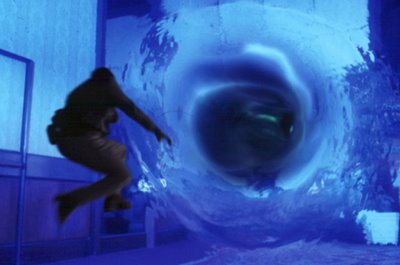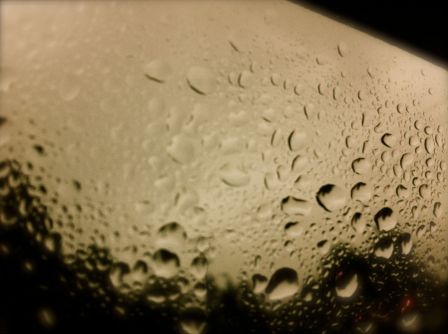May is mental illness awareness month. My own personal pet depression being somewhat under control (Fight. Fight. Fight.) I have been pretty quiet of late. Sometimes it’ll rear up and I’ll spend a day on the verge of tears, or having to journal the actual behaviour of people versus my perceptions of it lest I become convinced that the world hates my useless ass, and sometimes I have to go to bed at five. Sometimes I can only manage my job, and I suspect I’m not the friendliest gal in the office on those days. But I’d say those days are down to 40%, and my own awareness is what makes that 40% bearable. I know what I’m dealing with. Once I recognize, this isn’t me, this is pet depression, and also fuck you pet depression I can generally hold my own against it.
That’s five years of therapy, nearly two years of medication, countless hours of struggle and pain and just-managing. That’s what depression costs. I don’t think I would have responded oh-so-terribly-well if anyone had told me, back in the days of couches and missed showers, that I was depressed … but I wish I had known more about what it looks like.
So here’s what it looks like:
Depression is an angry, frightened, and above all else confused beast. It is never the same two days in a row.
I lived on the couch, and slept in for far too long. I gained weight and lost weight randomly and through no healthy initiatives in either direction. Some days I could go to the gym, or walk the dog, but mostly I didn’t.
I cried all the time. Anytime I was alone, I was crying. I can’t even imagine how I thought that was normal.
I couldn’t concentrate on anything. The books I read, the television shows I liked, all became short and nonsensical. I couldn’t read the books I love because they were so involved, so dense. I was tired from looking at them, and I felt stupid and slow and like I wouldn’t be able to understand them even if I tried to read them.
I wasn’t interested in anything new. I didn’t want to learn. I was overcome by fear at the thought, and trying to make sure no one knew it. And everything was so blurry all the time. My head was stuffed with cotton.
Social occasions were a chore for which I needed at least a week to prepare. When plans inevitably descended, I hoped for some kind of random event to swoop down and save me from it. A massive thunderstorm that would knock a tree through the house. A car crash – nothing fatal, just enough to slow down the evening, and only if I was alone in the car. (These are the rules.)
Once, when making samosas in preparation for a potluck dinner with friends, I accidentally burnt my hands so badly I had to spend the night with them both wrapped in ice, and I was so grateful.
Anxiety was crippling me. 90% of my daily thoughts were directed to how I had failed, who thought what of me, and how I could fix it. I would come up with grand ideas, and fail at them, and start the process all over again. At night my heart would pound uncontrollably and, if I slept, I woke up with crescent-moons in my palms from clenching my fists.
Every word I said for four years about my hopes for the future was a lie. I had no hope. I laid awake at night and thought about each little lie, and how disappointing I was turning out to be.
Depression steals your self-worth, and your hope.
If I had been able to see all of that from the outside – if I had looked in on myself and seen this scared, tearful, isolated person with no future and no dreams – I would have known something was VERY wrong. Now I write it all down, so that I can be the objective observer to my own life; so that I can’t be dragged under when I’m not paying attention.
There is so much help available, and no one ever has to fight alone. It’s easy enough for me to say all of this right now, because of everything else I’ve done, but let me just say that without those little white pills I would still be crying on that couch thisminuterightnow. So whatever that little white pill is for anyone out there – medication, therapy, yoga or Friday night fight club – everyone deserves the chance to find it, and start working with it, and remember that their lives are worth fighting for.
“We are our own dragons as well as our own heroes, and we have to rescue ourselves from ourselves.”
-Tom Robbins, Still Life with Woodpecker


